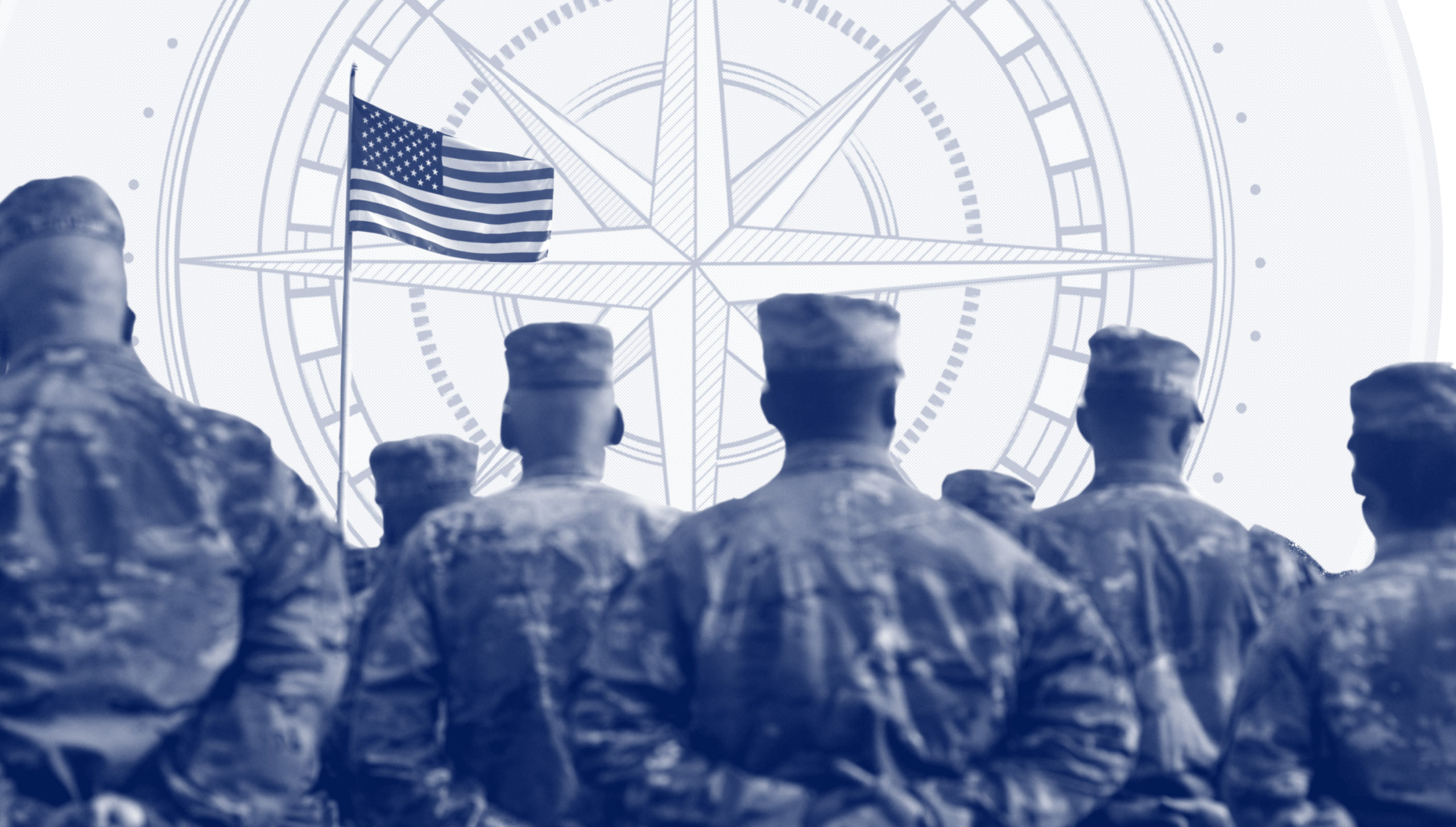A nation must think before it acts.
Original Orbis piece: Derek S. Reveron and Nikolas K. Gvosdev, (Re)Discovering the National Interest: The Future of U.S. Foreign Policy and Defense Strategy, vol. 51, no. 3 (Summer 2015)
Implications of the Argument: It’s been a tough few decades for national security analysts with no shortage of how to fix what is wrong with U.S. foreign policy. The 1990s were largely characterized by redefining grand strategy in a post-containment world. The 2000s focused on characterizing threats as under-appreciated or over-inflated with calls for restraint. The 2010s attempted to re-direct national security around great power competition among the United States, China, and Russia. Our article attempted to rediscover national interests to guide U.S. behavior internationally and reconsider long-standing policies sustained inasmuch by inertia as deliberate policy. Written two years before President Donald Trump’s inauguration, we concluded:
Given U.S. economic resilience and growing energy self-sufficiency, as well as the vested interests of the major the status quo of an Americanized international order contributes to rising powers’ prosperity and position and incentivizes the rising powers to negotiate with the United States over accommodations rather than turning to outright conflict. powers in preserving some of the advances made by globalization, (Even Russia, which is struggling to retain its position among the major states of the international order, is attempting by its actions in Ukraine to improve its bargaining position.) In turn, the domestic politics of the United States, which are trending in favor of retrenchment, will lead Washington to be more prepared to seek compromise arrangements. It is very true that the emerging powers of the global south and east are resistant to the idea of a single rulebook for the world’s nations, which have been drawn up largely in Washington. Yet, no other power or group of powers is positioned to produce an alternate global system that can produce the same benefits. Thus, as the first two decades of the twenty-first century fade, the impetus to challenge the U.S.-led order will recede with emphasis instead placed on gaining more influence within it. As this occurs, the new world order will end up looking a lot like the old one where the United States incidentally leads.
Revisiting the Argument: We were correct in highlighting a greater shift towards retrenchment in U.S. foreign policy. Over the past four years, we have seen the rising and resurgent great powers—including Brazil, China, Russia, Indonesia, Turkey, and India—push back against the efforts of the West to impose its rules, principles, and values, and also to argue that the international order must be modified in order to secure their rights and place. At the same time, the Trump administration has been quite open about its plans to rebalance America’s security commitments with its economic interests. International military deployments are down, while tariffs are up. At the same time, it has sent a remarkably consistent and clear message to existing allies and partners that a continuation of the security relationship with Washington rests on the intensification of the benefits that America receives, particularly its companies. The COVID-19 pandemic has only accelerated this process.
At the same time, however, as the recently published work by former National Security Advisor John Bolton makes clear, strategy has not been driving the foreign policy process. There was no lower-level effort or involvement by the relevant agencies to sort out the issues and the options.
As we enter the 2020s, we offered neither a description of the future nor a prescription for improving U.S. national security. Rather, we articulated a new way of thinking about national security to broaden participation beyond the traditional establishment that fails to fully integrate international security, foreign policy, and decision making. U.S. behavior is neither governed by the passion of the day nor by the national interest. To be sure, the U.S. global position is challenged by international factors, such as China’s military modernization and its foreign policy to alter the U.S.-shaped international order, but domestic factors matter, too. Record fiscal deficits, withdrawal from international agreements, and the administration’s America First policy affect U.S. foreign policy. National interests are important, but are often just a starting point for strategy, rather than a guiding light.
As the Trump administration enters its fourth year and offers a vision through 2024, it is important to reconcile the president’s initial vision with the actual foreign policies that have emerged. We are reminded of Peter Thiel’s formulation that we should take the president seriously, but not literally. Doing so offers important insights in the U.S. policy process that is guided by presidential preferences, but also deeply influenced by organizational, domestic, and international influences. All presidents eventually learn this; whether it was President Barack Obama’s attempt to close the detention center at Guantanamo Bay or pivot to the Pacific and President Trump’s attempts to end President George W. Bush’s wars or reduce allies’ dependence on the United States. The detention center is still open, NATO expanded two times over the last three years, and the U.S. is still fighting in the Middle East and Central Asia.
The views expressed in this article are those of the authors alone and do not necessarily reflect the position of the Foreign Policy Research Institute, a non-partisan organization that seeks to publish well-argued, policy-oriented articles on American foreign policy and national security priorities.




